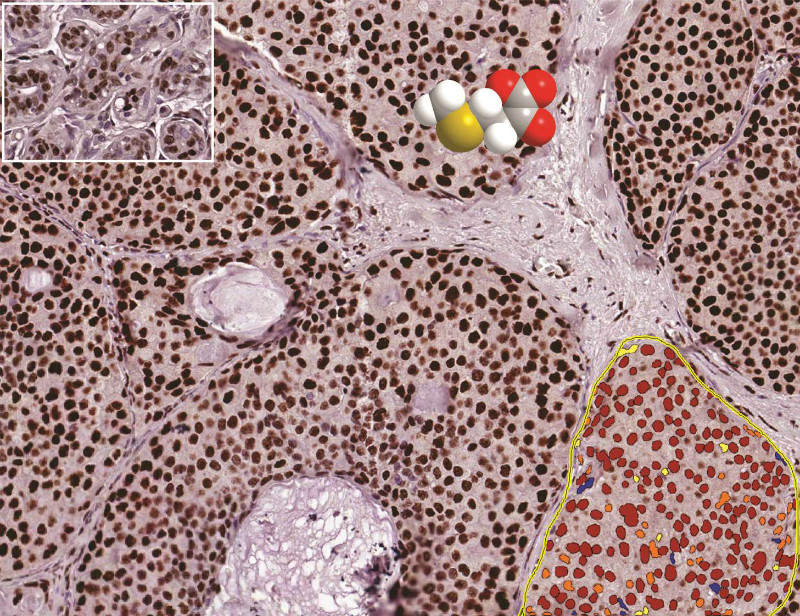A new technique for precisely targeting molecules within cells is opening the way for safer medicines that are free of side effects.
Researcher J. Julius Zhu, PhD, of the University of Virginia School of Medicine, and his colleagues have developed a way to manipulate molecules from compartment to compartment within individual cells.
Amazingly, the same molecules do different things depending on their location, the researchers determined.
By manipulating the molecules, scientists can determine exactly which locations to target, while avoiding locations that would cause harmful side effects.
“The problem with side effects is caused because you just could not distinguish the molecules doing different things in the same cell,” Zhu explained.
“If you blocked a molecule, you blocked it regardless of what it was doing. And that usually has unwanted side effects. Almost every drug that can treat disease has side effects, either major or minor, but usually they always have something.”

US Tariffs are shifting - will you react or anticipate?
Don’t let policy changes catch you off guard. Stay proactive with real-time data and expert analysis.
By GlobalDataPrecision medicine
Drugs currently target molecules in a very general way, simply by blocking a molecule that might be causing problems.
However, this new research is highlighting the downside of a shotgun approach.
A molecule might be causing problems because of its function in one part of the cell, but, at the same time, that same molecule may have an entirely different function in other areas of the cell, perhaps one of great importance to bodily functions.
Now, rather than trying to block a molecule regardless of its many functions, healthcare professionals can potentially target a specific molecule carrying out a specific function in a specific location.
This adds a new level of precision to the concept of precision medicine, which describes treatments tailored exactly to a patient’s needs.
Future applications
Zhu, of UVA’s Department of Pharmacology, thinks the technique will be useful for many different diseases, but especially for cancers and neurological conditions such as autism and Alzheimer’s.
The technique will also speed up the development of new treatments by letting researchers more quickly understand what molecules are doing and which should be targeted.
“The idea (behind the technique) is actually very simple,” Zhu said. “But it took us many years to make this thing work.”
For more insight and data, visit the GBI Research report store.




